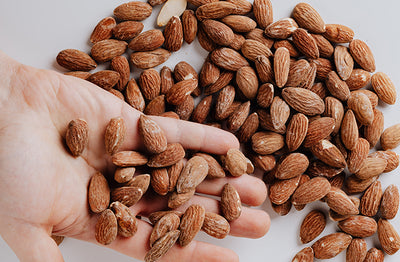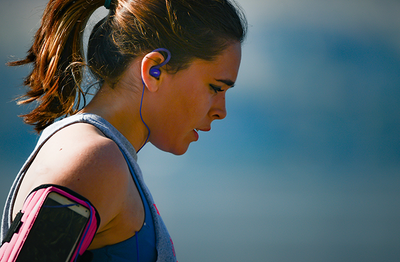What is creatine
Robin Smith
No Comments

If you are looking for a fantastic supplement that will improve your performance in the gym – this is it!
Studies have shown that it can increase strength, muscle mass and exercise performance. Creatine has been one of the most studied supplements and has an outstanding safety profile.
Here’s everything you need to know about Creatine:
Creatine is a substance that is found naturally in muscle cells, to help muscles produce more energy during high-intensity exercise or during heavy lifting. Taking Creatine as a supplement is popular amongst athletes and bodybuilders to help with muscle gain and to enhance strength. Several factors affect your body’s creatine stores including hormone levels like testosterone, meat intake and exercise. About 95% of the body’s creatine is stored in muscles.
There are several ways creatine supplement can improve your athletic performance and health. During high-intensity exercise its role is to increase the phosphocreatine stores in your muscles. It can also help you gain muscle mass in other ways – including – Boosting workload: it can enable a more total workout which is a key factor in gaining long-term muscle growth. Improve cell signalling: supplements can help increase satellite cell signalling where signals are sent to the muscles to help with repairs and new muscle growth. Increase cell hydration – creatine is well known for increasing the water content in the cells of your muscles. Reduce protein breakdown – it may help increase total muscle mass by reducing muscle breakdown.
Creatine is great for short-term and long-term muscle growth, and is of benefit to the elderly, sedentary people and athletes. Creatine has been found to be one of the most popular and beneficial supplements for adding muscle mass.
Creatine can improve strength, power and high-intensity performance. Research has discovered that adding creatine to a training programme increased weightlifting performance by 14%, strength by 8% and bench press one-rep max by up to 43% compared to training alone. It was also tested during intense training blocks and was shown to help maintain strength and training performance while increasing muscle mass.
One of the most exciting findings has been to do with brain health and the treatment of neurological diseases. Like muscles, the brain stores phosphocreatine and supplementing has been suggested to improve the following conditions – Alzheimer’s, Huntington’s disease, Parkinson’s disease, Epilepsy, brain or spinal cord injuries and memory and brain function in the elderly. For general brain function research has shown Creatine can help the elderly, vegetarians and those at risk of neurological diseases. Vegetarians have a low creatine store because they don’t eat red meat – which is the primary, natural dietary source. Although it can be beneficial for the elderly and those with reduced stores, research has shown no effect on brain function in healthy adults.
Other health benefits of creatine include – lower blood sugar levels, helps treat non-alcoholic fatty liver disease, improves muscle function and quality of life in the elderly, however more research in these areas is needed.
Read More:
Share














